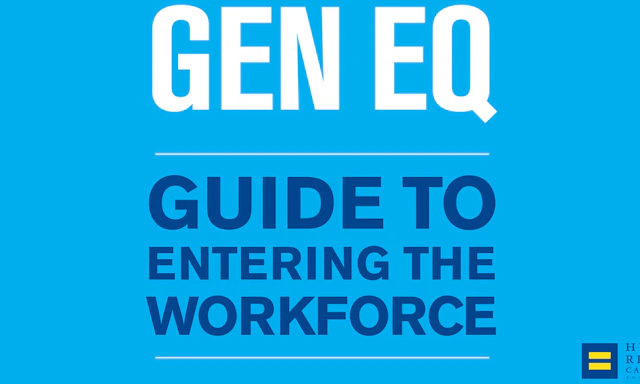
Questions to Ask Before Enrolling In Domestic Partner Benefits

It is always advisable to consult a lawyer in your state before signing a legal document. Here are some specific questions to consider before signing a domestic partnership affidavit/declaration.
First, does your organization have a non-discrimination statement that includes sexual orientation?
Nearly all companies that provide domestic partner benefits will also have an anti-discrimination policy that includes sexual orientation. However, to ensure that your sexual orientation cannot be held against you, verify that your company has this policy before signing up for benefits.
Does my organization have a confidentiality policy?
If you are not out at work and concerned that enrolling in benefits will result in discrimination, find out whether your company has a confidentiality policy that would prevent disclosure to managers and co-workers.
How will the domestic partner benefits be taxed?
Under federal tax law, the portion of an insurance premium that your employer pays for your coverage is not taxed as income. Federal law treats benefits for spouses, children and certain dependents the same way. However, a domestic partner is not considered a spouse under federal law. As a result, if you elect to have your partner covered under your plan, you will pay income tax and Social Security payroll tax on the portion of the insurance premium that your employer contributes to your partner’s policy.
If your partner is an IRS-qualifying dependent on your federal tax return, these benefits would not be taxed. To qualify as a dependent, your partner must receive more than half of his or her support from you. If your partner is a dependent, you might also be eligible for other favorable tax treatment. If you think that your partner might be your dependent under federal law, consult a tax professional.
To determine whether you should enroll in domestic partner benefits in light of these tax concerns, find out the value of the premium that your employer would provide for your partner’s coverage and calculate the taxes that you would pay on it. If both of your employers offer coverage for domestic partners, you should take your tax brackets into account when choosing whose coverage to use.
What if my partner’s employer requires employees not electing coverage to disclose that they are covered under another plan?
If your partner’s employer requires employees to disclose the source of their insurance coverage, your partner’s use of your domestic partner plan could “out” your partner, which may be a concern if he or she has a LGBTQ+-unfriendly workplace.
What if my partner is member of the armed services?
Signing up for these benefits might risk “outing” your partner to the armed services since there will be documentation of the relationship. However, your employer might provide you with some privacy guarantees. For free, confidential legal counseling on these issues, contact the Servicemembers Legal Defense Network at 800/538-7418 or by e-mail at legal@sldn.org.Read more about the Servicemembers Legal Defense Network.
What if I am (or my partner is) a foreign national who is in the country on a temporary visa?
Foreign nationals in the country on temporary visas should be aware that signing a domestic partnership affidavit could constitute evidence of intent to stay in the country indefinitely, in violation of the visa stipulations. Consult an immigration attorney if this concern applies to you.
Might my domestic partnership affidavit be used in future court proceedings?
In some jurisdictions, the law creates obligations — such as providing financial support or dividing property — for couples that separate. Whether a domestic partnership affidavit could be used in a suit for support or property division would depend on the jurisdiction you are in. Some states have Defense of Marriage Act (DOMA) laws that would most likely prevent the courts from recognizing any kind of relationship between you and your partner. Even in states without DOMA laws, alimony awards are increasingly rare; however, if one partner was completely economic dependent on the other partner, it is possible that a domestic partnership affidavit might be used as some evidence that alimony would be appropriate. For information about DOMAs and other laws relating to GLBT issues in your jurisdiction, see what's happening in your community. View State Laws.
- Topics:
- Workplace
Love Conquers Hate


